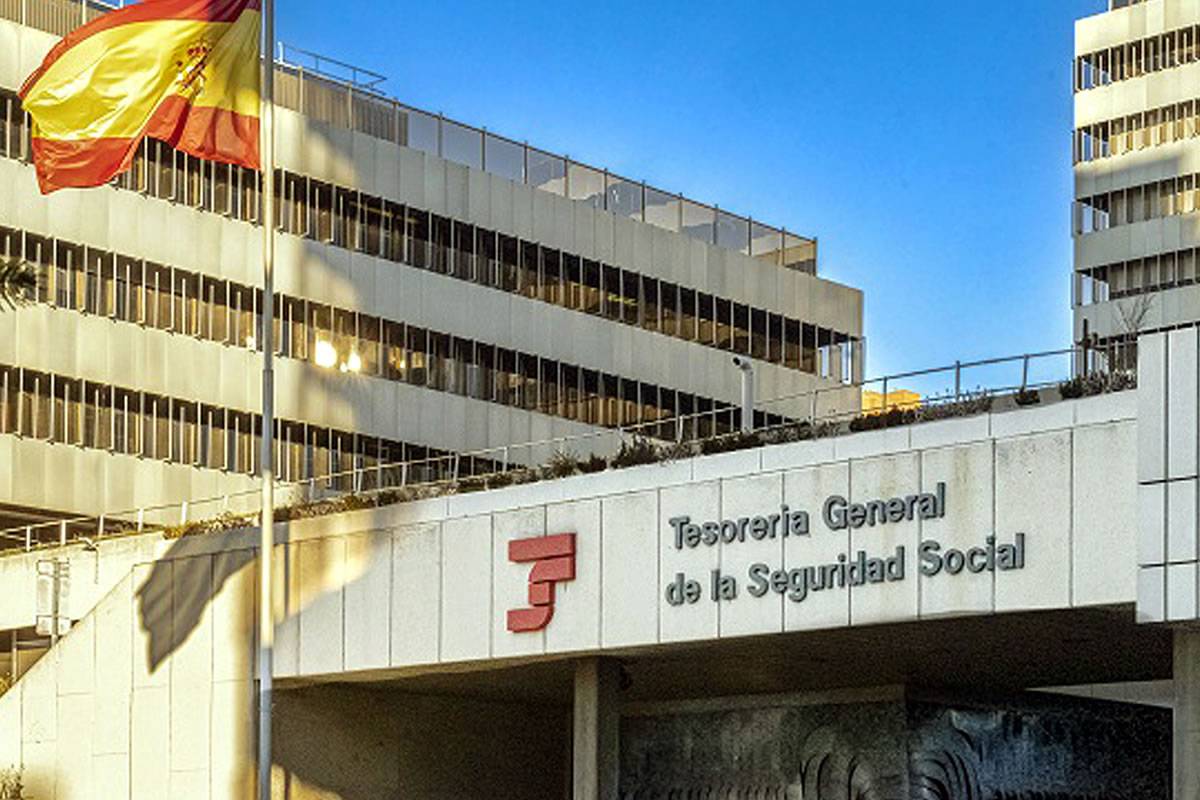Debate over another minimum wage increase which has gone up by 60% since 2018
- 10-01-2025
- Business
- Canarian Weekly
- Photo Credit: Gobierno de España
2025 has begun with renewed tensions between business associations and the coalition of unions and the Spanish government, after the Ministry of Labour and Social Economy announced its intention to convene discussions with unions and business representatives to increase the Minimum Interprofessional Wage (SMI) as soon as possible.
Following the recommendation of the Expert Commission, the Ministry proposes a monthly increase of either €38.50 (3.4%) or €50 (4.4%). If approved, the SMI would rise to €1,172.50 or €1,184 per month (in 14 payments), depending on the final decision, meaning a real monthly increase of up to €58 in 12 pay packets.
A 61% Increase Since 2018
Should this increase be implemented, the SMI will have risen by 61% since 2018, when Mariano Rajoy’s government set it at significantly lower levels. The government argues that the proposed adjustment reflects the country’s current economic conditions and aims to preserve workers’ purchasing power while aligning with broader wage trends.
However, the measure has drawn criticism from business groups, who see it as a populist move with potential economic drawbacks.
José Cristóbal García, Vice President of the Canary Islands Confederation of Employers (CCE), described the initiative as a “very populist” policy suited to favourable economic times but warned of its adverse effects. He argued that such measures reduce the flexibility businesses need to adjust salaries during economic downturns.
According to García, the rigidity imposed by rising minimum wages could lead businesses to opt to lay staff off instead of adjusting salaries as witnessed during past recessions in the Canary Islands. “The more rigid your labour relations, the harder it is to adapt to difficult times,” he stressed.
However, while he acknowledged the importance of fair compensation, García advocated for salaries to reflect productivity and performance, encouraging mechanisms such as variable pay and incentive-based bonuses. He also criticised the recent increases as “arbitrary,” claiming they disproportionately affect young workers, first-time employees, and those with lower qualifications, who often rely on minimum-wage jobs.
Lack of Social Dialogue
A persistent grievance among business leaders is the perceived lack of “social dialogue.” García noted that employers have not supported an SMI hike since 2020, when it rose from €900 to €950 per month. He expressed scepticism about reaching a consensus this year, alleging that the Ministry of Labour’s approach prioritises publicity over genuine engagement.
García also called for region-specific considerations, noting that areas like the Basque Country, Madrid, Navarra, and Catalonia fail to meet the European Social Charter’s recommendation of maintaining the SMI at 60% of the average salary. In contrast, the Canary Islands already surpass this benchmark at 71%, a disparity he argued undermines productivity-driven compensation.
Concerns from Self-Employed Workers
The Canary Islands Association of Self-Employed Workers (ATA) has also voiced concerns about the proposed increase. Secretary General Elliot Martín highlighted that while the SMI has risen over 60% since 2018, this growth has not been mirrored by the earnings of self-employed workers.
Martín emphasized the need for wage increases tied to inflation and general price rises, achieved through consensus rather than unilateral decisions. He highlighted the importance of understanding the specific needs of different sectors and regions to craft agreements that benefit all parties.
He pointed to challenges such as absenteeism and rising labour costs, which are hindering the development of new business models and job creation in key sectors for the Canary Islands, including agriculture, commerce, and domestic work.
The debate over the SMI increase highlights ongoing tensions between the government’s commitment to workers’ welfare and employers’ concerns over economic flexibility and job creation.
Other articles that may interest you...
Trending
Most Read Articles
Featured Videos
TributoFest: Michael Buble promo 14.02.2026
- 30-01-2026
TEAs 2025 Highlights
- 17-11-2025































































